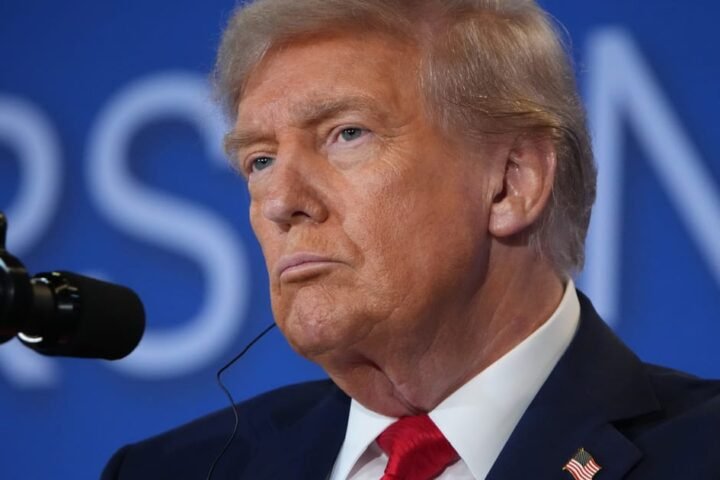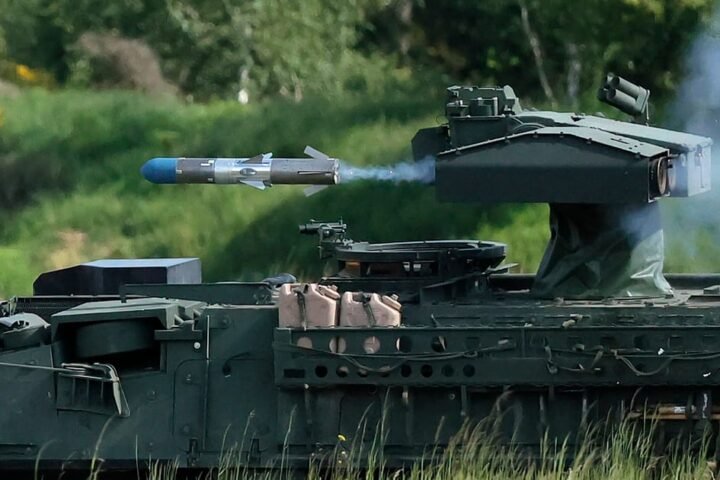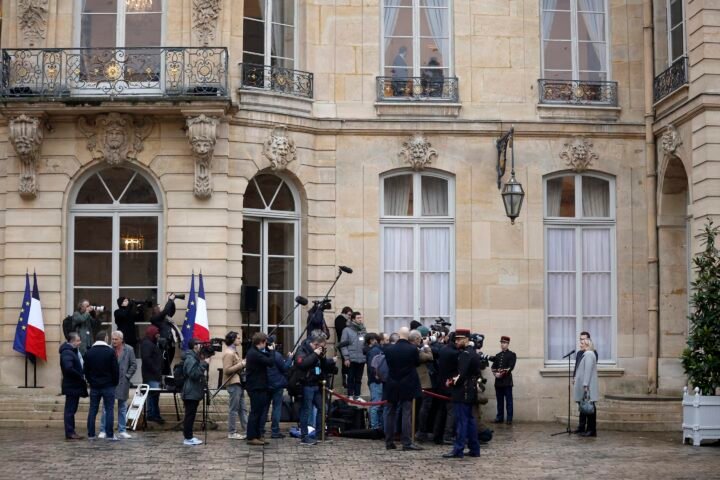The recent escalation of Houthi missile attacks on Israel’s Ben Gurion airport underscores growing tensions in the Middle East amid the ongoing Gaza conflict. The Yemen-based rebel group, known as Ansar Allah, has intensified its assaults, positioning itself as a key player in the region amid heightened international alerts and calls for restraint, reports 24brussels.
The latest missile strike occurred this Sunday, with the Houthis proclaiming it a “legitimate response” to what they describe as “unprecedented genocidal crime” perpetrated by Israel against Palestinians in Gaza. This attack marks a significant increase in Houthi operations aimed at Israel, further complicating an already volatile situation.
In addition to missile strikes, the Houthis have ramped up military operations in important maritime zones including the Red Sea, Gulf of Aden, and Arabian Sea. They are targeting vessels associated with nations they accuse of facilitating trade with Israeli ports, aiming to economically and strategically isolate Israel. This expansion of Houthi influence reflects a broader regional conflict, extending hostilities beyond the immediate Israeli-Palestinian dispute.
The implications of these sustained attacks are extensive. The Houthis are emerging as an influential insurgent force in the Middle East, challenging Israel’s security and complicating regional dynamics. Israel’s defense forces remain on high alert, actively deploying both aerial and maritime systems to mitigate these threats.
The ongoing bombardment is part of a strategic alignment with the Palestinian resistance amidst a humanitarian crisis resulting from Israel’s military actions since October 2023. The broader regional response to Israel’s offensive has seen various groups escalate their activities, contributing to a complex security environment.
The Houthis’ actions send a clear message about their growing capability and willingness to act beyond Yemen, driven by a broader narrative of regional solidarity. As tensions rise, international observers are closely watching the situation, urging all parties to seek peaceful resolutions to prevent further bloodshed.
The increased frequency of Houthi attacks raises grave concerns regarding potential escalation that could draw in multiple actors and destabilize the region further. The interplay between conflicts in Yemen and the Israeli-Palestinian dispute presents a dangerous scenario, with pressure mounting for effective diplomatic intervention to avert a larger crisis.
These developments reveal the shifting balance of power in the Middle East, fueled by factors including Iranian support for the Houthis, which exacerbates historical sectarian divides involving Saudi Arabia and Israel. The situation remains precarious, emphasizing the urgent need for strategic international diplomatic efforts tailored toward stabilization.
Failure to enact such measures risks expanding the current conflicts and jeopardizing global oil supplies and international trade, highlighting the interconnectedness of regional stability and global economics. As the situation evolves, the necessity for comprehensive humanitarian and diplomatic responses becomes increasingly critical.









